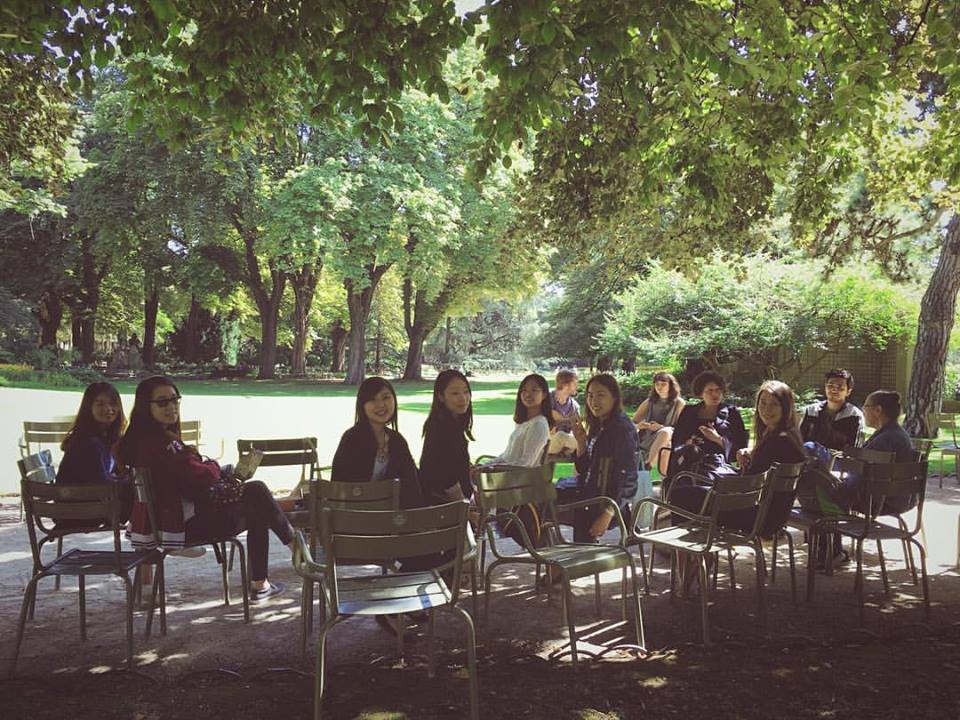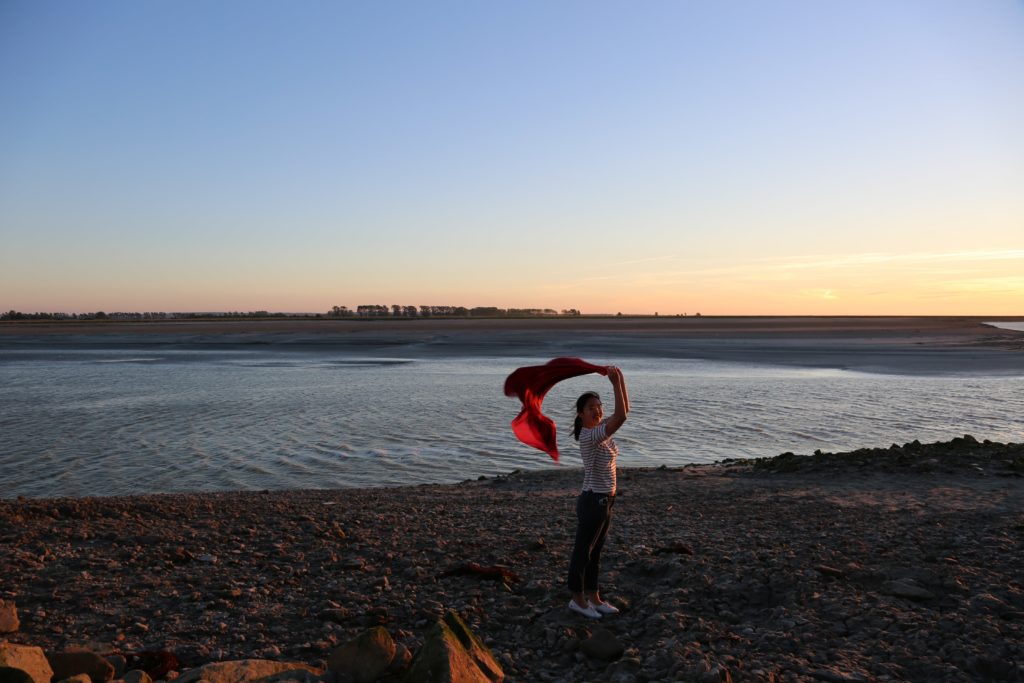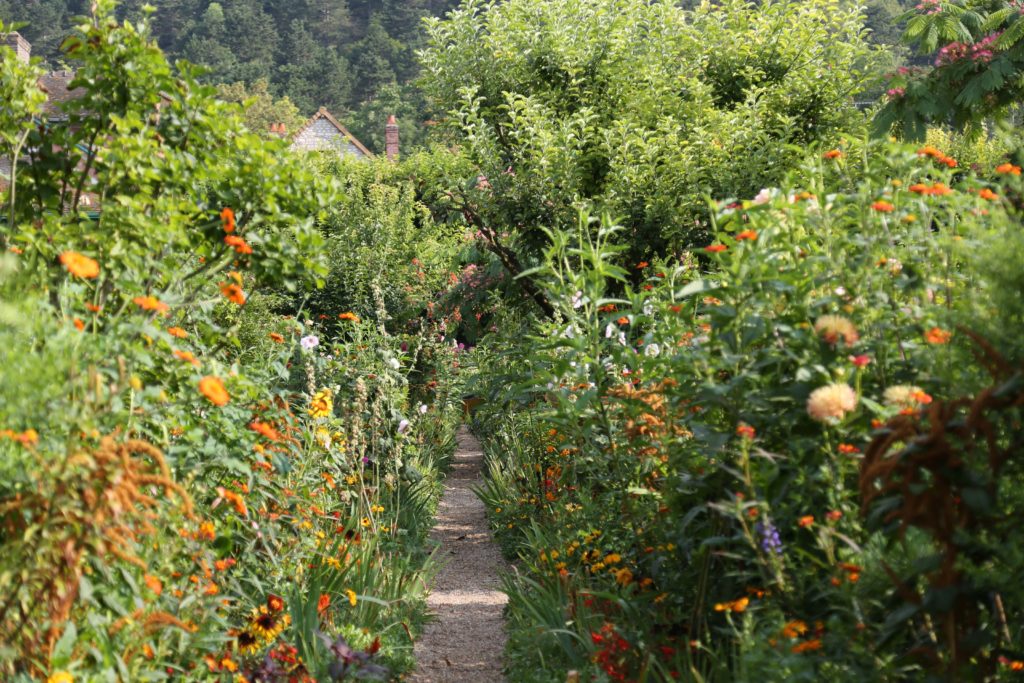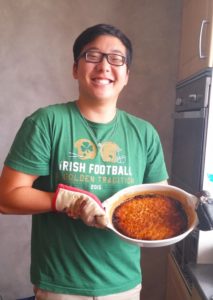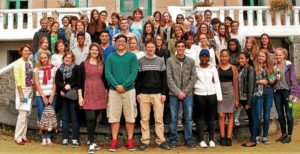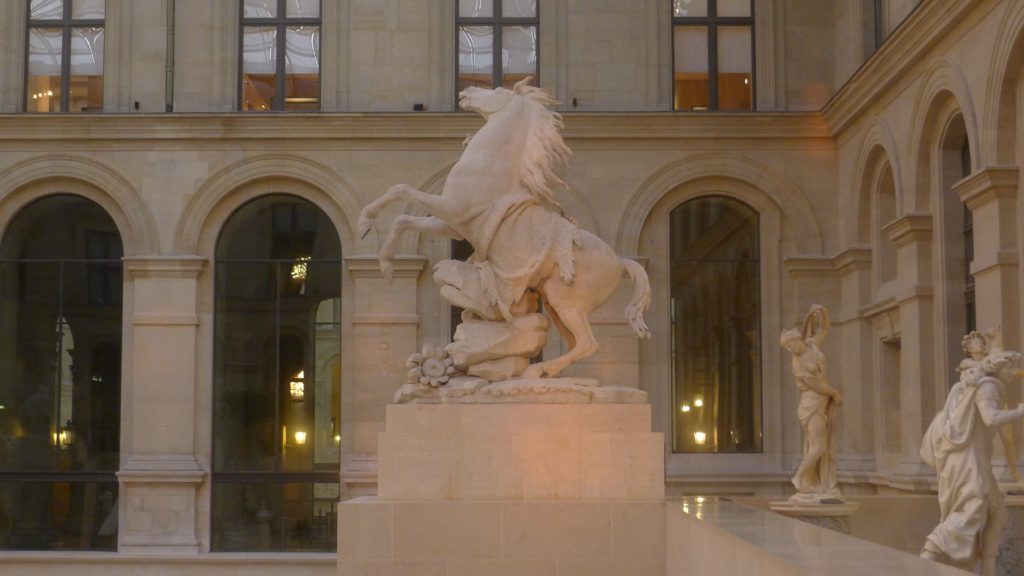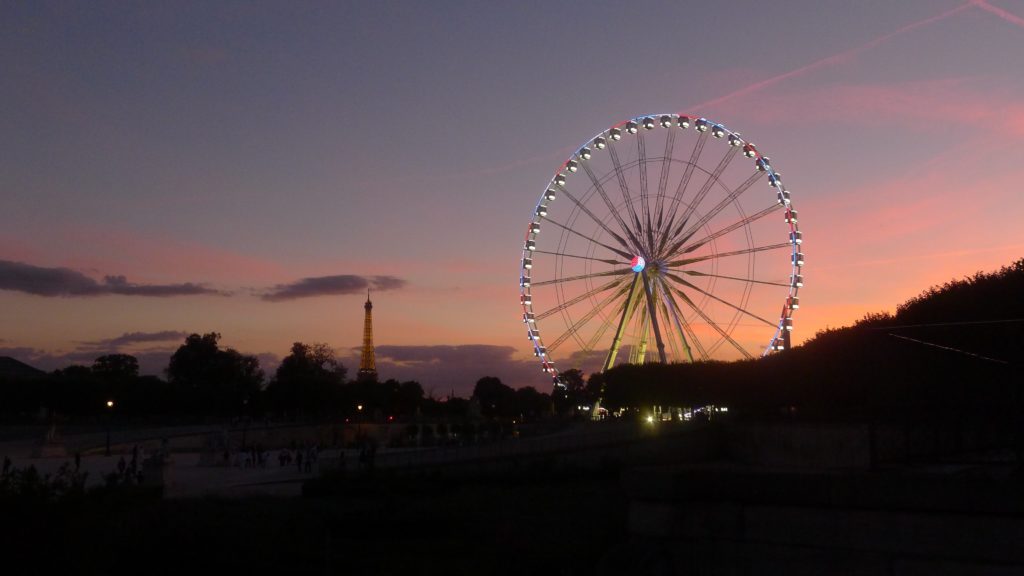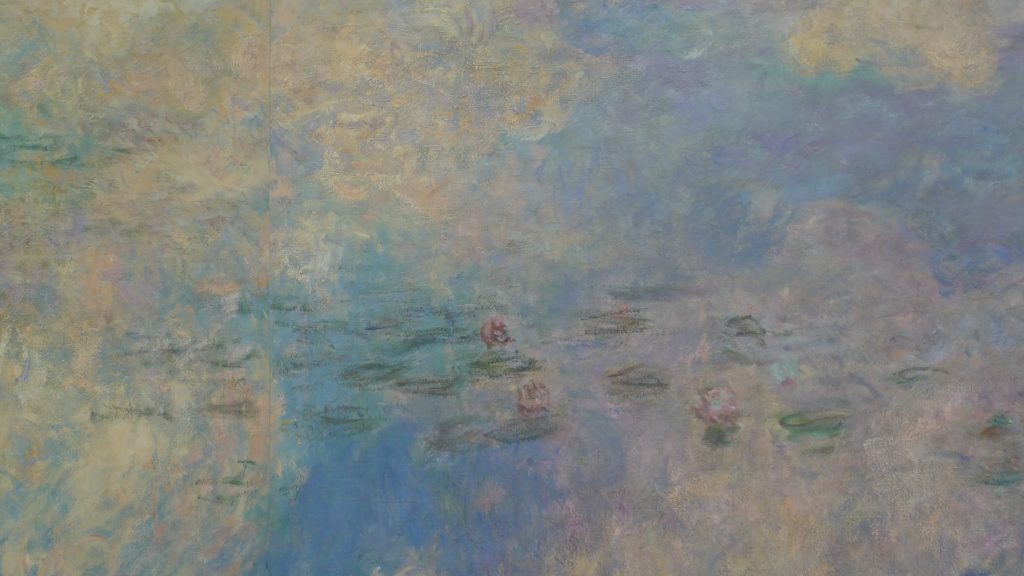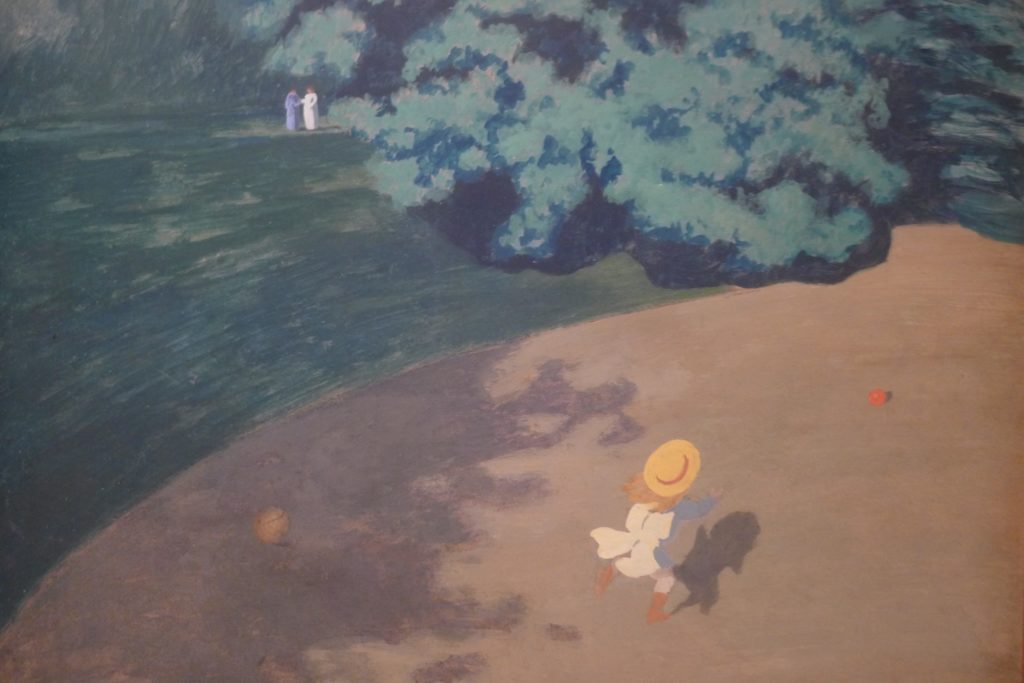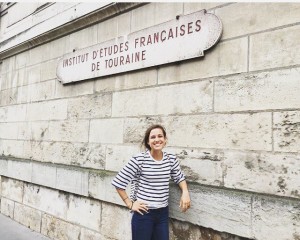I learned this week a cold lesson on French grading: if they don’t ask for it, they don’t want it. I just received my weekly test from last week to discover that I lost points on a particular section for writing too much. The section asked a true or false question, and then said (this is a translation), “justify your response with a quotation from the text.” And so I feel like that would mean to quote the text, then justify your choice talking about the text. But no, the professor just wanted the phrase from the text. So regardless of the fact that I CORRECTLY answered the question and CORRECTLY cited the text, I lost points. Thus I dropped from potentially having the highest score in the class…
Anyways, it hit me this week that I am closing in on the end of my time here in Brest. Time has really gone by so quickly! For me, I think once I started getting into the groove, the days just zoomed by. I especially noticed this week that time in class just seems to go by faster than the say first three weeks, perhaps because of my improvement it’s easier to stay absorbed in the material.

Things are looking good to me, also Brittany is a beautiful region
For my last community interaction, I discussed thoughts on the US with some acquaintances that I made here. They asked to remain anonymous, so to maintain their privacy, so I will rather generally describe my interviewees. One was a woman in her thirties with a kid (#1), one was an older lady in her fifties (#1), and the last was a male, 20 something master’s student (#3).
To begin, they all had an overall positive view of the United States, especially regarding our films and music. However, they had some interesting views on specific issues.
Interviewee #1 visited America, and found us to be quite friendly to strangers. Not to a fault per se, but just so friendly that it was strange. Like when she opened her map, people stopped to help/give directions, everyone smiled and waved when eyes met, stuff like that. I thought that was just being a normal person, but to her it was all weird. And I do get why that is, because no one here says anything unless spoken to, and no eye contact is made between strangers. Her biggest concern was the wasteful American environmental mentality, in example, the unnecessary AC blasting everywhere. She said she lived in SE Asia for a while, no AC, so Americans could live with some heat, it’s just a mental challenge. Also, the lack of public transportation was wasteful too, as everyone driving their own car is bad for the planet etc. We could stand to learn a few things on being green from Europe, with energy especially, because we all share the Earth. She, and pretty much everyone else I talked to, were accordingly shocked to learn that many people (Republicans) in the United States deny climate change.
Interviewee #2 had many criticisms on the United States. We may be an economically powerful country, but that has made the government rather focused on money and the people too US Centric in thinking. To her, that meant the political elites are all tied up in allegiance to some big companies and rich people, which stops progress for laws. As for the US focus, it leads to a general ignorance (not me though, she added haha) on other cultures and languages, which is frustrating for people like her, because Americans tend to think that things should be done a certain way (the American way) for everybody. Next, from watching the news (I assume with the police shootings, protests, gun violence), racism seems to be a big problem in the US. It is nonsensical how we can treat some of our citizens so poorly, yet try and change other countries too. Lastly, as an educator, she felt that the US public education system lacks all-around quality throughout the country, because it appears that at one end you had top schools filling up the best universities, while some schools can’t afford all the things they need.
Interviewee #3 focused on the political problems as well. The media seemed to be the biggest issue. With the differences between say Fox News and the host of liberal outlets, how can we know what’s actually going on and good for the country? At the same time, everyone is so entrenched in their views from the two party system, it’s hard to have a conversation. But while that goes on, the political elites keep running the show, and it looks like average citizens have really little input on political life.
And that was it. It was tough, because internally, I wanted to defend my home you know, but they chose various, hard to argue points. Because it is true, we do have issues with media coverage, the government does have politicians backed by huge donors, and the US could reduce its environmental impact in my view. I’m glad at least that the whole every American is obese thing didn’t come up, what a relief. But I was a bit saddened to find that when people think of America, it was always “You’re great, but…” So the bad stuff outshone the good to non-Americans. C’est la vie.
That’s all for this week, final thoughts approaching in my final post!
